Brake Fluid What is it and How Does it Work The Drive
Moisture in Brake Fluid Causes, Symptoms and Solution Vehicle Fixing
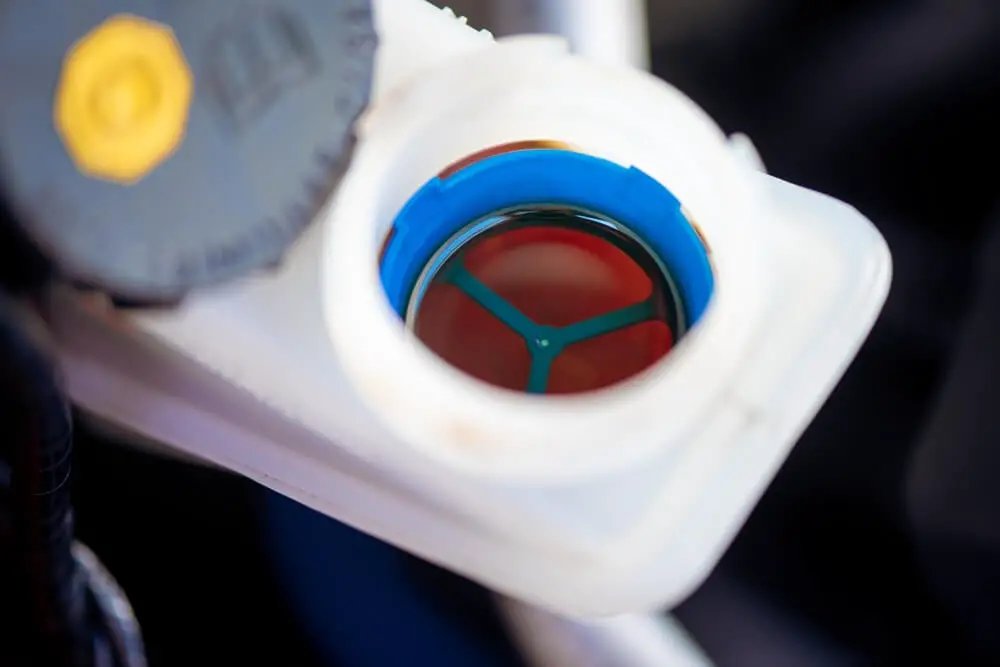
It is why you need to watch out for moisture in brake fluid. There are many ways that moisture could get into the brake fluid; majorly the liquid absorbs the moisture from the air. Causes of Moisture in Brake Fluid. Brake fluid is hygroscopic, which absorbs moisture from the air. This nature becomes particularly dangerous during the humid season.
Take Care of the Brakes Fluid • ///M Weekend
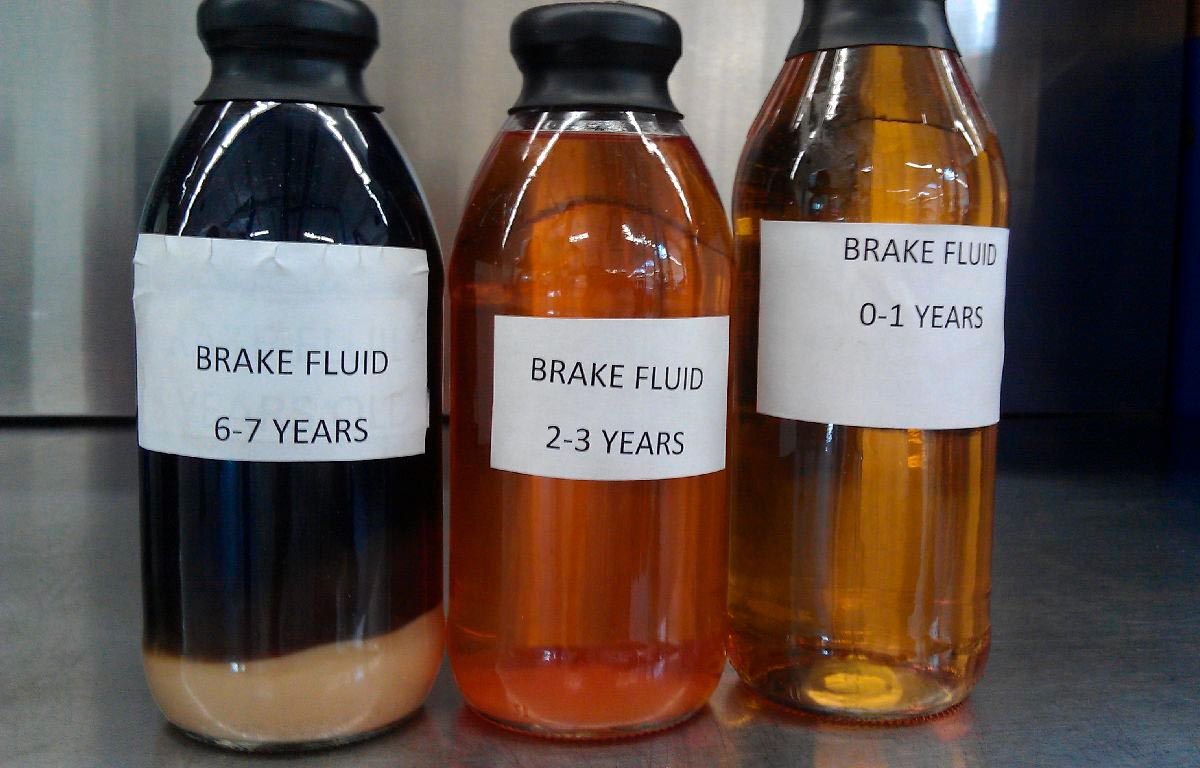
Brake fluid wet boiling points. DOT3 140C (284F) DOT4 155C (311F) Super DOT4 195C (383F) DOT 5.1 185C (365F) Most types of brake fluid corrode painted surfaces, so be careful when topping up and changing the fluid. DOT5 brake fluid is based on silicone and has a wet boiling point of 185C (365F). It doesn't absorb water or harm painted.
Brake Fluid What is it and How Does it Work The Drive
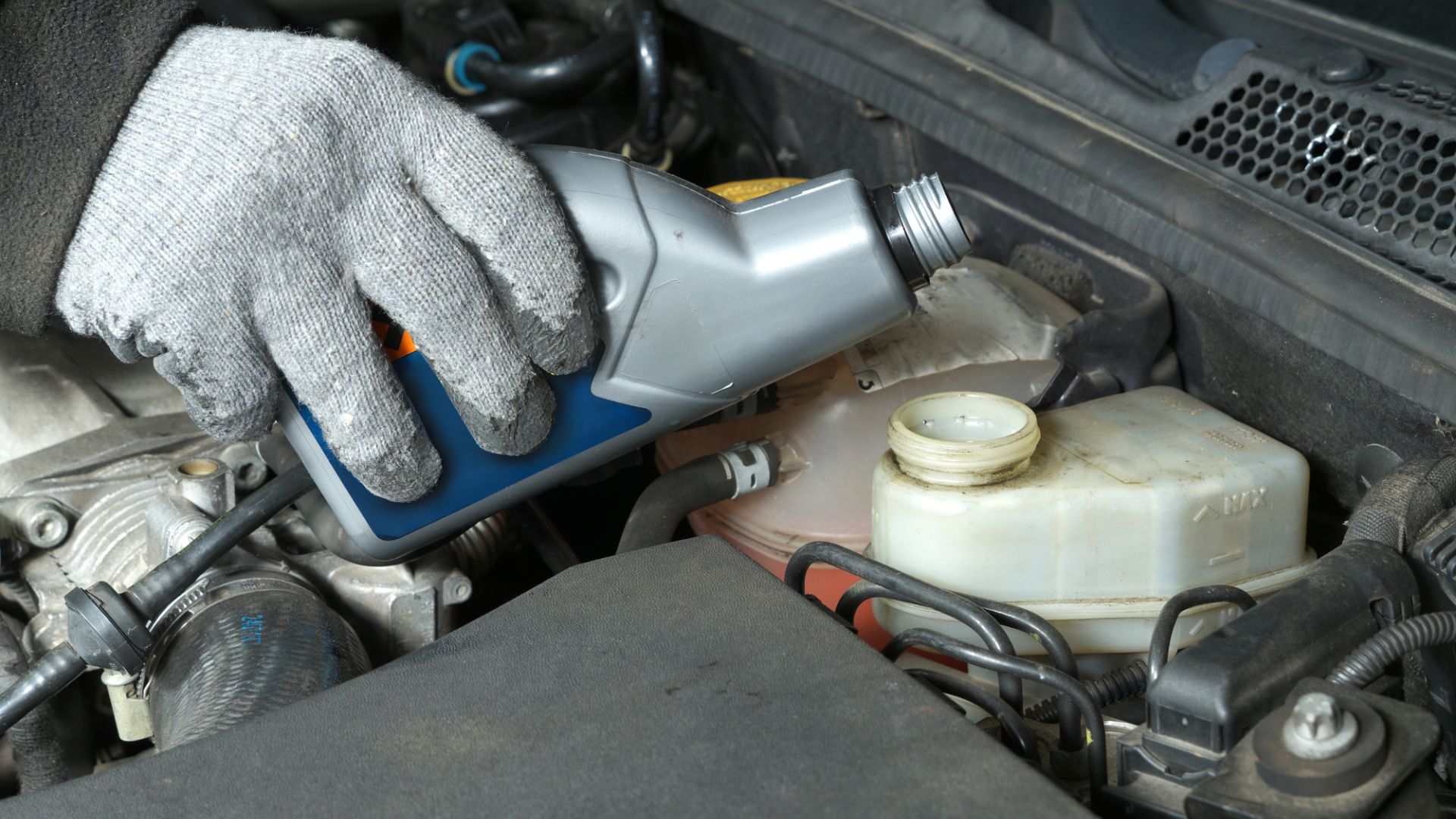
The brake pedal is spongy - A soft or spongy brake pedal could indicate air or moisture in the brake fluid, affecting its performance. A brake warning light is on - Some vehicles have warning lights that illuminate when there is an issue with the brake fluid level or pressure. Pay attention to these warnings and address them promptly.
Brake Fluid Checking Moisture Content... YouTube

Less than 190. Many motor vehicle companies recommend changing the brake fluid every 12 months, while others recommend changing it every 24 months. The amount of moisture that brake fluid absorbs depends on a number of factors including the type of fluid, humidity, type of brake hoses, condition of the seals, and the vehicle's mileage.
Testing Brake Fluid for Water Saturation Old, New, Stored, and Used! YouTube

Moisture in the brake fluid can cause problems because it lowers the boiling point and it can cause corrosion in the braking system. Repairs can get expensive if bad fluid corrodes calipers, brake lines and parts in anti-lock brake system (ABS) controllers. A lower boiling point reduces brake performance in severe braking conditions, such as.
When to change your Brake Fluid ACD Automotive Services

Brake fluid is designed to absorb water, which helps prevent corrosion and maintain the proper function of your vehicle's braking system. Water Content. 10%. It is recommended to replace brake fluid when the water content reaches 3-4%, as water can lower the boiling point of the fluid and reduce its effectiveness.
How to Change and Bleed Your Brake Fluid Properly
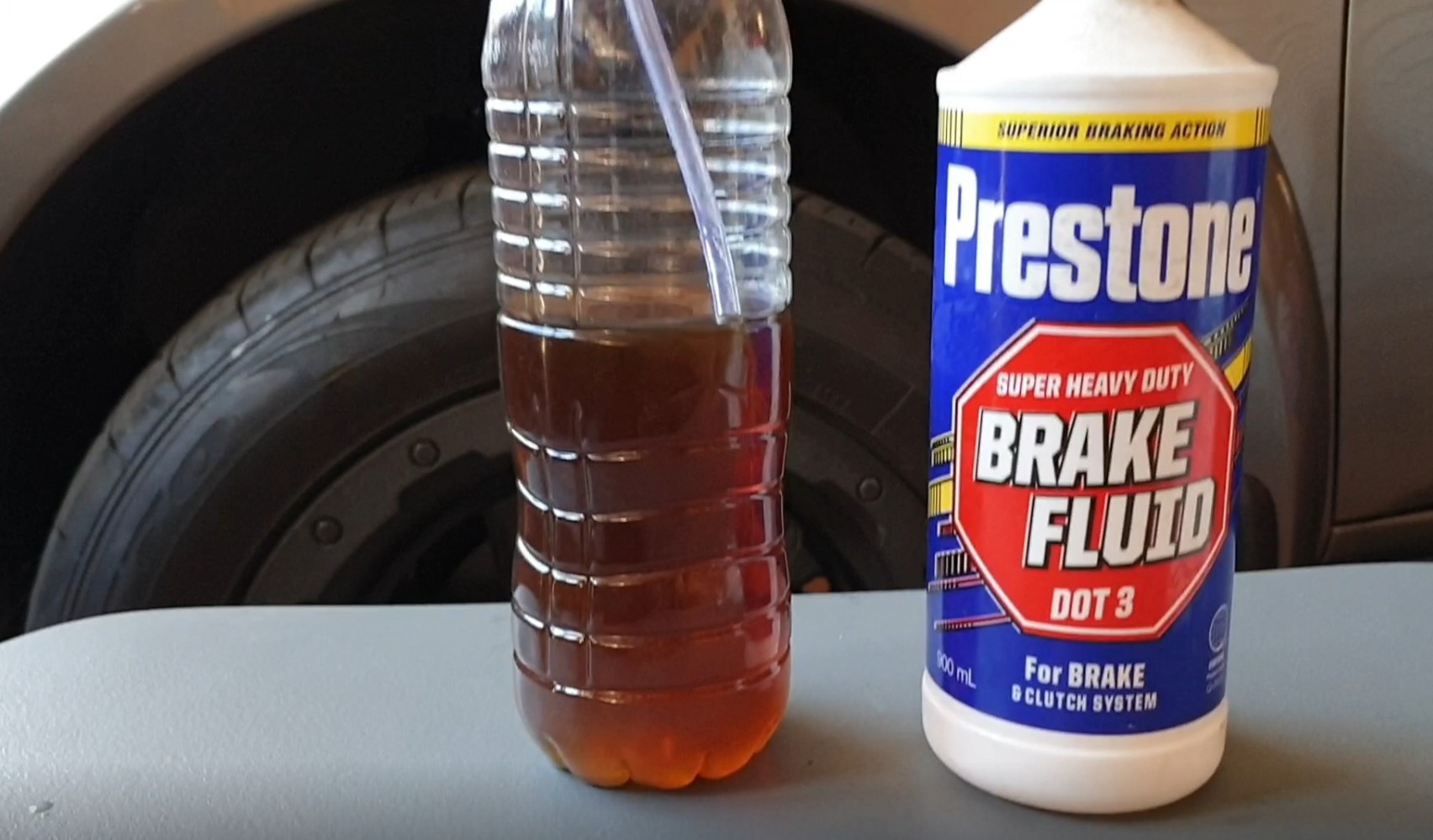
Exposure to water and air, solid particles, and rust can contaminate your vehicle's brake fluid. Your car's braking system is a closed system that keeps contaminants out, but heavy braking, leaks in the brake system, and brake system maintenance can cause contaminants to enter the system. An illuminated anti-lock braking system light.
Brake Fluid What is it and How Does it Work The Drive

3. Remove the cap from the brake fluid reservoir: Use a screwdriver or pliers to remove the cap from the brake fluid reservoir. 4. Clean the area around the reservoir cap: Use a clean rag or paper towel to wipe away any debris or dirt around the reservoir cap. This will help prevent contamination of the brake fluid.
Moisture in Brake Fluid Causes, Symptoms and Solution Vehicle Fixing
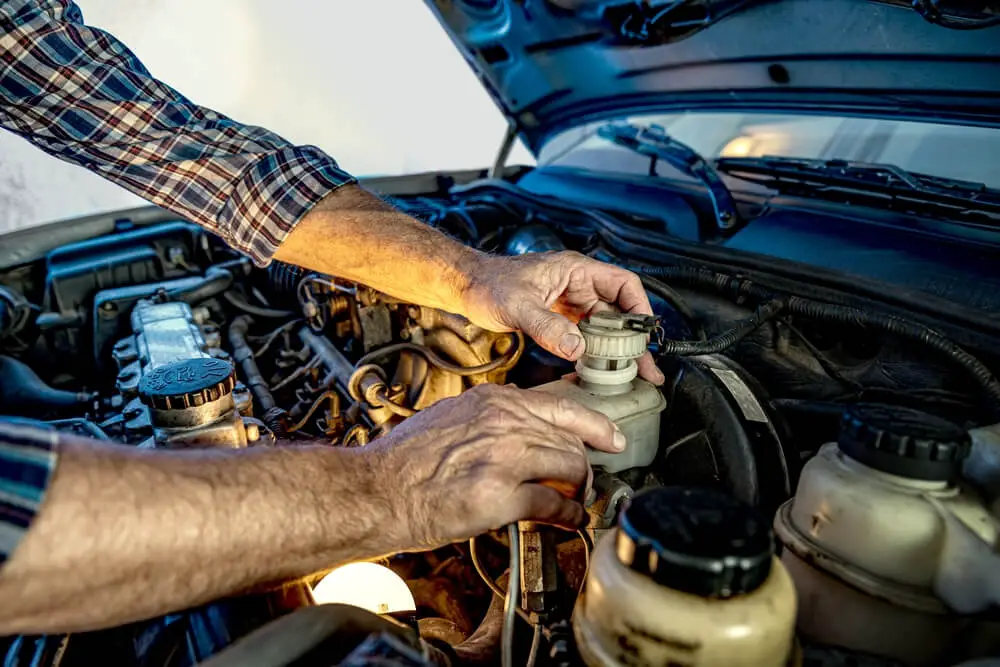
Common Brake Fluid Myths. Myth #1: Moisture is the primary problem with old brake fluid. Today the breakdown of the additive package is the primary problem. Before the application of modern flexible brake hose manufacturing techniques moisture was an issue. It would permeate through the hoses and into the fluid when the fluid cooled down.
Moisture in Brake Fluid Causes, Effects, and Solutions

DOT 3 brake fluid will absorb less water than DOT 4 from the air over time, meaning you'll need to have your fluid changed less frequently. DOT 4 brake fluid has higher dry and wet boiling points, making it safer for higher temperatures. Ultimately, the difference between DOT 3 and DOT 4 brake fluids lies in their ability to handle the heat.
Understanding Moisture in Brake Fluid and Its Effects on Your Car's Safety
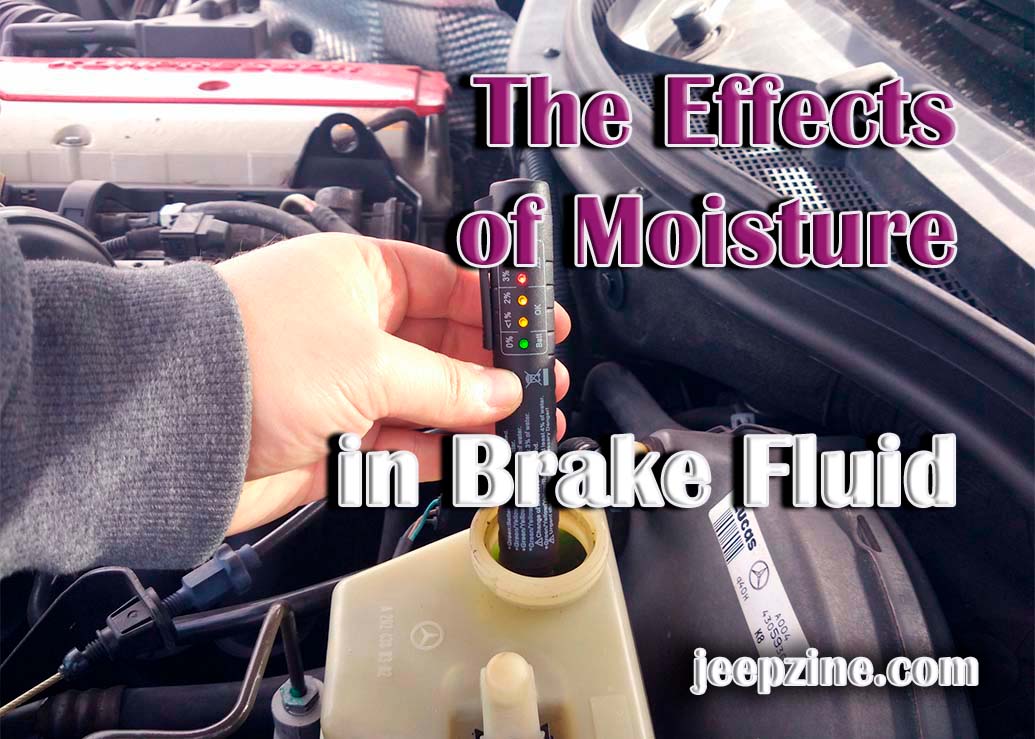
Moisture in brake fluid has a drastic effect on the fluid boiling point, reducing it by well over 100 degrees or more. If the moisture level in the brake fluid is too high at the same time the brakes are under heavy use (and therefore high temperatures) the fluid can actually boil. If the fluids boils you are no longer trying to stop with a non.
Brake Fluid Moisture Content Balance Motor Works not just a Garage
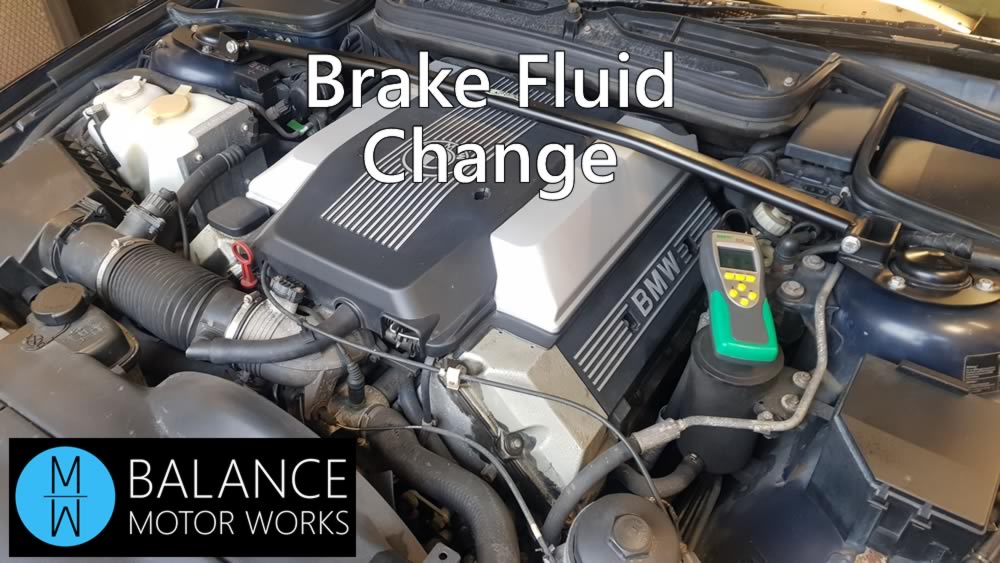
The more water in the fluid, the lower the brake fluid boiling point becomes (think of how hot brakes operate) and the more corrosive the fluid gets. Corrosive brake fluid is the #1 reason why calipers and wheel cylinders begin to seize, as corrosion inside the bores of the cylinder occurs from the contaminated fluid.
Testing Brake Fluid Moisture With a Brake Fluid Tester Tool • Cars Simplified Quick Tips YouTube

Step 1: Locate the brake fluid reservoir - This is typically located near the back of the engine compartment, on the driver's side. It is a small, plastic container with a cap that says "brake fluid.". Step 2: Check the fluid level - Before checking for moisture, make sure your brake fluid is at the recommended level.
Do You Have To Bleed All 4 Brakes When Changing A Caliper?
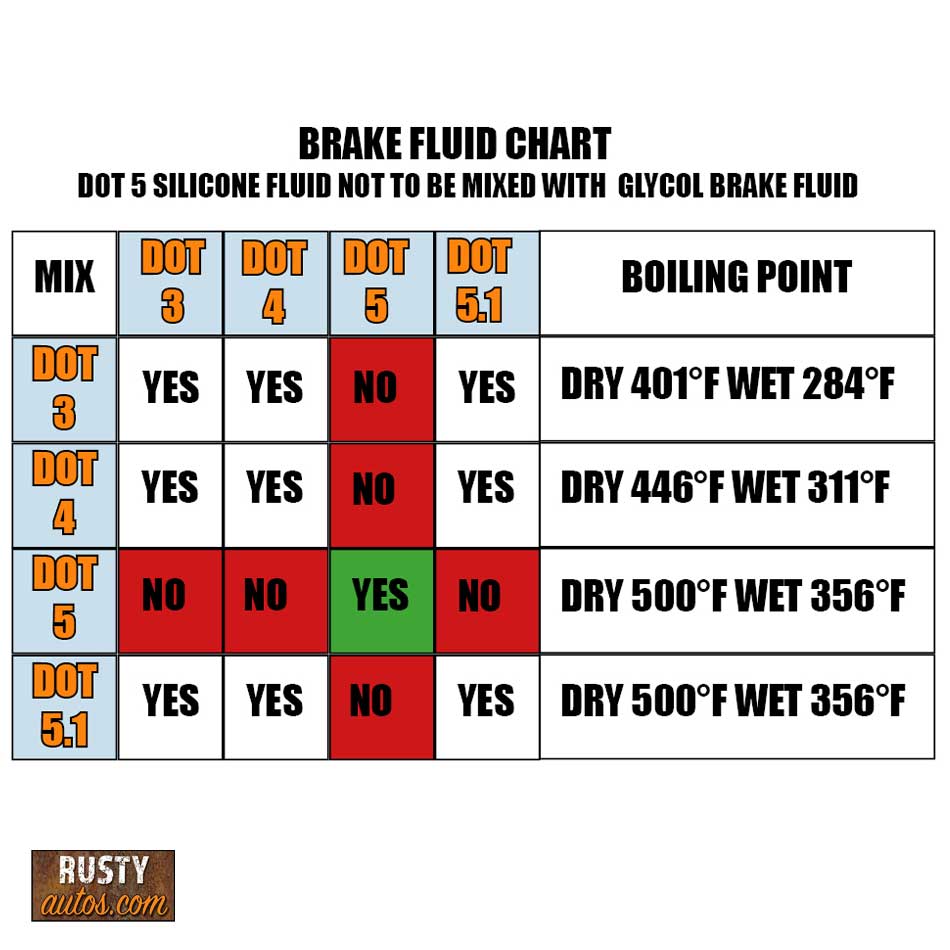
Effects of Moisture in Brake Fluid. When too much water accumulates in your brake fluid, it can have a variety of dangerous effects on your car's braking system and performance. The most frequent issue is corrosion due to rust and other metals being exposed to excess moisture over time; this corrosion can lead to damage within critical.
Did you know that brake fluid retains moisture? Did you know that moisture is bad for your brake

How to test the moisture level in your brake fluid. Testing the moisture level in brake fluid will help determine the brake fluids condition and if a fluid r.
Brake Fluid Moisture Tester YouTube

The problem with brake fluid is that it's hygroscopic. That means it likes to suck up moisture. The more moisture that becomes a part of the brake fluid, the lower the boiling point of the fluid becomes. So, logic would dictate that the longer you leave it, the less effective it will become. Can brake fluid go bad in any other way?